The housing market is a critical component of the economy, and understanding its fluctuations can be vital for homeowners, investors, and policymakers. Throughout history, housing market crashes have led to significant financial turmoil, affecting millions of people. But how can one predict these downturns? What are the warning signs of a housing market crash?
Table of Contents
1. Rapid Increase in Home Prices
One of the most apparent signs of a potential housing market crash is a rapid and unsustainable increase in home prices. When property prices rise much faster than the average income or inflation rates, it may indicate a bubble. This kind of surge often results from speculative buying, driven by the belief that prices will continue to rise indefinitely.
2. High Levels of Debt
High levels of household debt can also signal trouble ahead. When individuals take on more debt to purchase homes, particularly through risky financial products, the market becomes vulnerable. If interest rates rise or economic conditions worsen, these homeowners may struggle to meet their mortgage payments, leading to an increase in foreclosures.
3. Increase in Interest Rates
Interest rates play a crucial role in the housing market. An increase in interest rates can lead to higher mortgage rates, making home purchases less affordable for potential buyers. This can slow down the housing market, reduce demand, and eventually contribute to a price decline.
4. High Inventory Levels
When the number of homes available for sale significantly exceeds the number of buyers, it can be a red flag. High inventory levels may suggest that the market is saturated, and sellers may be forced to lower their prices to attract buyers. This can lead to a downward spiral in home values.
5. Decrease in Home Sales
A decline in home sales can be an early warning sign of a cooling market. If fewer people are buying homes, it could be due to affordability issues, economic uncertainty, or a lack of confidence in the housing market’s stability. This decrease in demand can lead to falling prices.
6. Distressed Property Sales
An increase in distressed property sales, such as foreclosures and short sales, can indicate that many homeowners are struggling to keep up with their mortgage payments. This can be a sign that the housing market is under stress and may be headed for a downturn.
7. Economic Indicators
Broader economic indicators, such as unemployment rates, GDP growth, and consumer confidence, can also provide clues about the health of the housing market. A weak economy can lead to job losses and reduced consumer spending, which can, in turn, affect the housing market negatively.
8. Changes in Lending Standards
If banks and financial institutions suddenly tighten their lending standards, it might be a sign that they are anticipating increased risks in the housing market. This can make it harder for buyers to obtain mortgages, reducing demand and potentially leading to a market correction.
9. Media Reports and Sentiment
While not always reliable, media reports and general sentiment about the housing market can influence buyer and seller behavior. Negative news stories or widespread pessimism about the market can lead to reduced demand and falling prices.
10. Government and Regulatory Changes
Changes in government policies or regulations, such as tax reforms or changes in housing subsidies, can impact the housing market. If these changes create unfavorable conditions for homebuyers or investors, they can contribute to a market slowdown.
Conclusion
Understanding the warning signs of a housing market crash can help individuals make informed decisions about buying, selling, or investing in real estate. While no single indicator can predict a crash with certainty, a combination of these signs can suggest potential risks. Staying informed and seeking professional advice can be crucial for navigating the complexities of the housing market.
Disclaimer: This article is for informational purposes only and should not be considered financial or investment advice. Please consult a financial advisor for personalized guidance.
Related Questions
- How can I protect my investments during a housing market downturn?
- What are the historical examples of housing market crashes?
- How does a housing market crash affect the overall economy?
- What strategies can homeowners use to prepare for a potential market crash?
- Are there any benefits to buying a home during a market crash?


